The Gollop Chamber: Where are all the Lovecraftian games?
In his column for PC Gamer Indie, creator of the original X-COM Julian Gollop wonders why games only draw tangentially from H. P. Lovecraft.
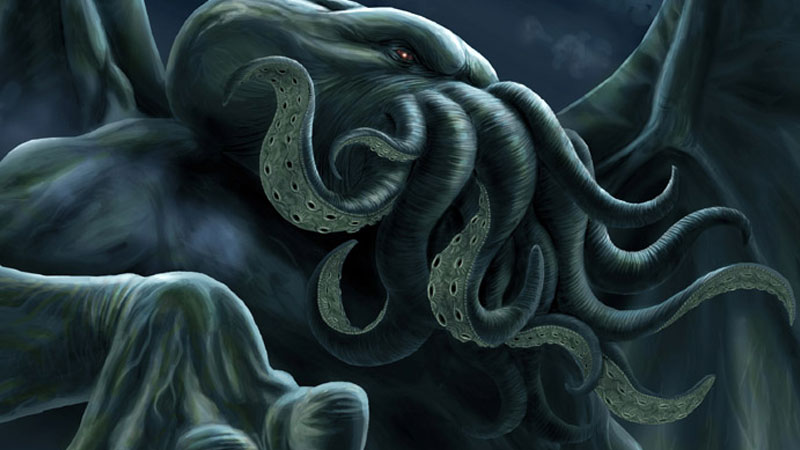

Julian Gollop has been in the games industry for more than 30 years. You probably know him best as the designer of games like Chaos and X-COM: UFO Defense. His column, the Gollop Chamber, will touch on games history, design, and, probably, a lot of XCOM.
In any game developer’s career there is always that game you wanted to make, but never got to make. And you still think is a great idea. And nobody else has done anything like it.
For me the ‘one that got away’ was a concept I prepared for MicroProse shortly after finishing work on the original UFO: Enemy Unknown / X-COM: UFO Defense in 1994. It was heavily inspired by the works of H. P. Lovecraft, set in the 1930s in an alternate version of history where renowned occultist Aleister Crowley plotted to take over the world by summoning monsters through an alternate dimension. (Crowley himself was a real, historical figure, a founder of the religion Thelema and a leading member of the Ordo Templi Orientis.)
X-COM Apocalypse featured some ideas from my Lovecraftian game pitch, with its dimension gates and a bizarre alien world. However, they were nothing like the scale and depth that I imagined.
As the player, you controlled a secret organisation funded by the League of Nations to investigate mysterious sightings of terrible creatures and reports of strange cults abducting scientists from around the world. Crowley's cult had found a way to open ‘gates’ at various points in the world which connected to gates on a planet in an alternate dimension. The alternative planet would act as a fast-travel system for travelling around the world, albeit a very dangerous one. Your immediate task was to build a brave band of occult investigators, equipped with magic, rituals and guns. Then you had to confront and destroy the horrors as they appeared. Your ultimate objective was to close down the dimension gates for good.
You're probably thinking that the structure of this game bears a passing resemblance to X-COM, and you would be right. There would have been turn-based tactical battles, and a ‘geoscape’-style strategic display. However, MicroProse didn’t like it. Their reasoning was that horror games don’t sell, and they knew this because they had made one and it didn’t sell (the game in question was The Legacy: Realm of Terror).
They instead wanted a sequel to X-COM, which should be completed in six months. I said that this was not possible, so we came to an agreement whereby MicroProse would make the sequel to X-COM, and I would make the third game in the series.
So the sequel to X-COM became X-COM: Terror From the Deep, and our game became X-COM: Apocalypse. Now the funny thing is that Terror From The Deep actually contained elements of Lovecraftian horror, with a hideous Cthulhu-like entity lying dormant in the sea. X-COM Apocalypse featured some ideas from my Lovecraftian game pitch, with its dimension gates and a bizarre alien world. However, they were nothing like the scale and depth that I imagined. Afterwards I wondered, would any other games would be inspired by Lovecraft in a similar way to my rejected concept?
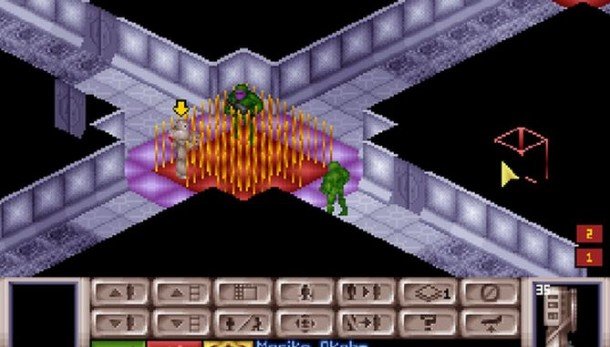
In order to understand the influence of Lovecraft on games, it is useful to know something about the influence of Lovecraft on fantasy, sci-fi and horror fiction. His works consisted mainly of short stories, usually published in magazines, and they had similar themes. There were secret cults, powerful, ancient creatures and very weird aliens. Horrible things usually happen to the protagonist, often involving some kind of transformation or insanity.
Keep up to date with the most important stories and the best deals, as picked by the PC Gamer team.
Something about sea creatures really bothered Lovecraft, as revealed in some of his creepier stories such as The Shadow Over Innsmouth. Lovecraft’s personal traumas and phobias certainly affected his work. He suffered from parasomnia (night terrors), and his xenophobia infected a few of his stories.
He created the Necronomicon, a book of cultish secrets, and the fictional town of Arkham, which have been used repeatedly in novels, films and games. He directly mentored, inspired and influenced a wide circle of contemporary writers, including Robert Bloch, the author of Psycho, and Robert E. Howard, creator of Conan the Barbarian. He also influenced Stephen King, artist H. R. Giger and filmmaker John Carpenter, whose film The Thing was based on a 1938 book called Who Goes There? which was itself directly influenced by (in my opinion) Lovecraft’s best story At the Mountains of Madness.
Nowadays Lovecraft is not so highly regarded in literary circles, his racist views causing the World Fantasy Awards to drop the bust of Lovecraft as their award in 2015. However, it is possible to adapt aspects of Lovecraft without the unsavoury elements and redeploy it in new media, which is precisely what has happened with board games in recent years.
As far as I know, the first significant game influenced by Lovecraft was the 1981 pen-and-paper roleplaying game Call of Cthulhu, which remains popular to this day. A 2013 crowdfunding campaign for the 7th Edition with a goal of $40,000 raised $561,836 and it was published last year.
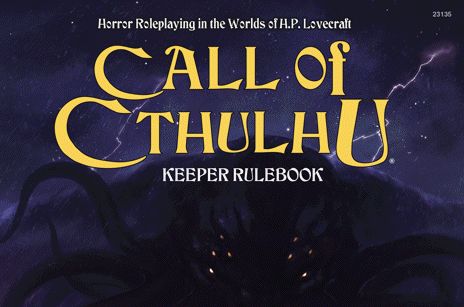
One problem for Lovecraftian games is that the essence of Lovecraft’s horror was the idea that humankind is incredibly insignificant and powerless in the face of ancient alien races. Man is lucky to be ignorant—if he knew the truth he would go crazy. It’s not that the creatures in his stories were evil, they just displayed ‘cosmic indifference’ to the fate of humanity.
There have been very few direct interpretations of Lovecraft in computer games.
The Call of Cthulhu RPG had combat, but also added a neat ‘insanity’ mechanic, which caused your character to go insane through repeated exposure to horrors and cosmic truths. This is an idea that has been copied in subsequent Lovecraftian board games and computer games.
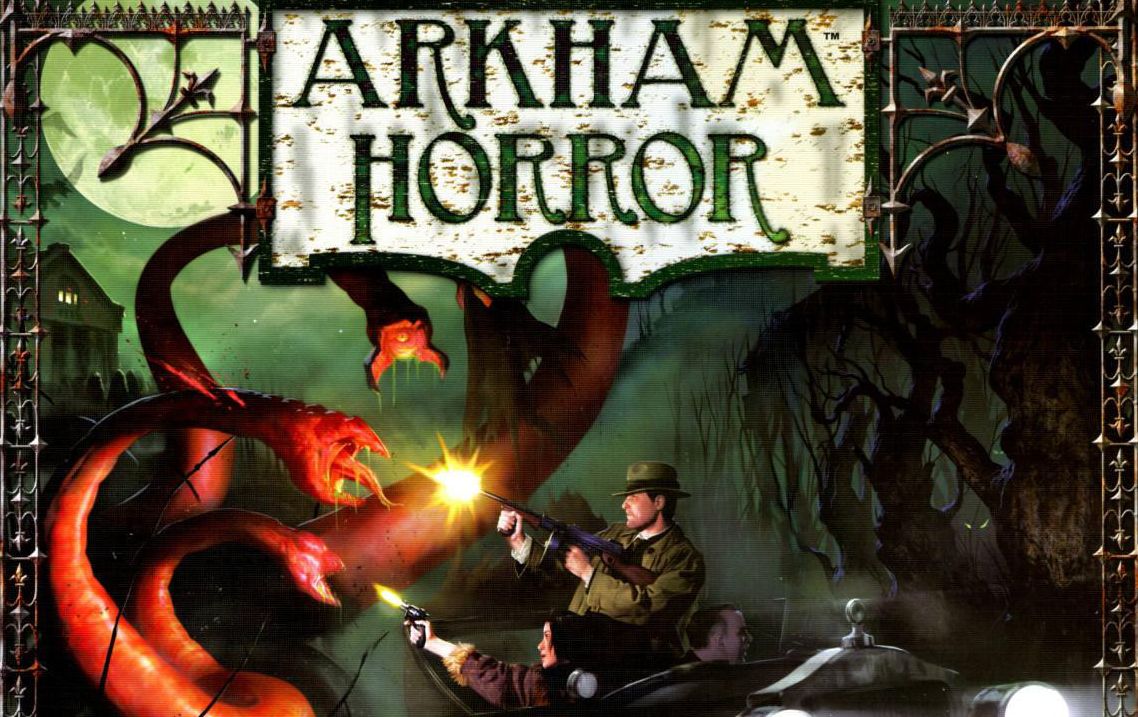
The company which has really delved deep into the Lovecraftian Mythos is board game publisher Fantasy Flight Games, with titles such as Arkham Horror, Mansions of Madness, Eldritch Horror and the rather excellent Arkham Horror Card Game. FFG’s take on the Cthulhu Mythos involves a lot more confrontations with monsters, and a significantly more diverse and interesting set of ‘investigators’ than Lovecraft envisaged, but it retains a good deal of Lovecraftian flavour.
There have been very few direct interpretations of Lovecraft in computer games. Bethesda’s Call of Cthulhu: Dark Corners of the Earth published in 2006 was an FPS with a few puzzles which didn’t really capture the essence of Lovecraft. More recently, Bloodborne incorporates a very strong Lovecraft influence (but sadly is unlikely to find its way onto the PC). Cyanide Studios' upcoming Call of Cthulhu is perhaps the most promising game on the horizon, although it has now been delayed until 2018. For me, what makes this one exciting is that it is an official adaptation of the Call of Cthulhu pen-and-paper RPG. I am awaiting its release with eager anticipation.
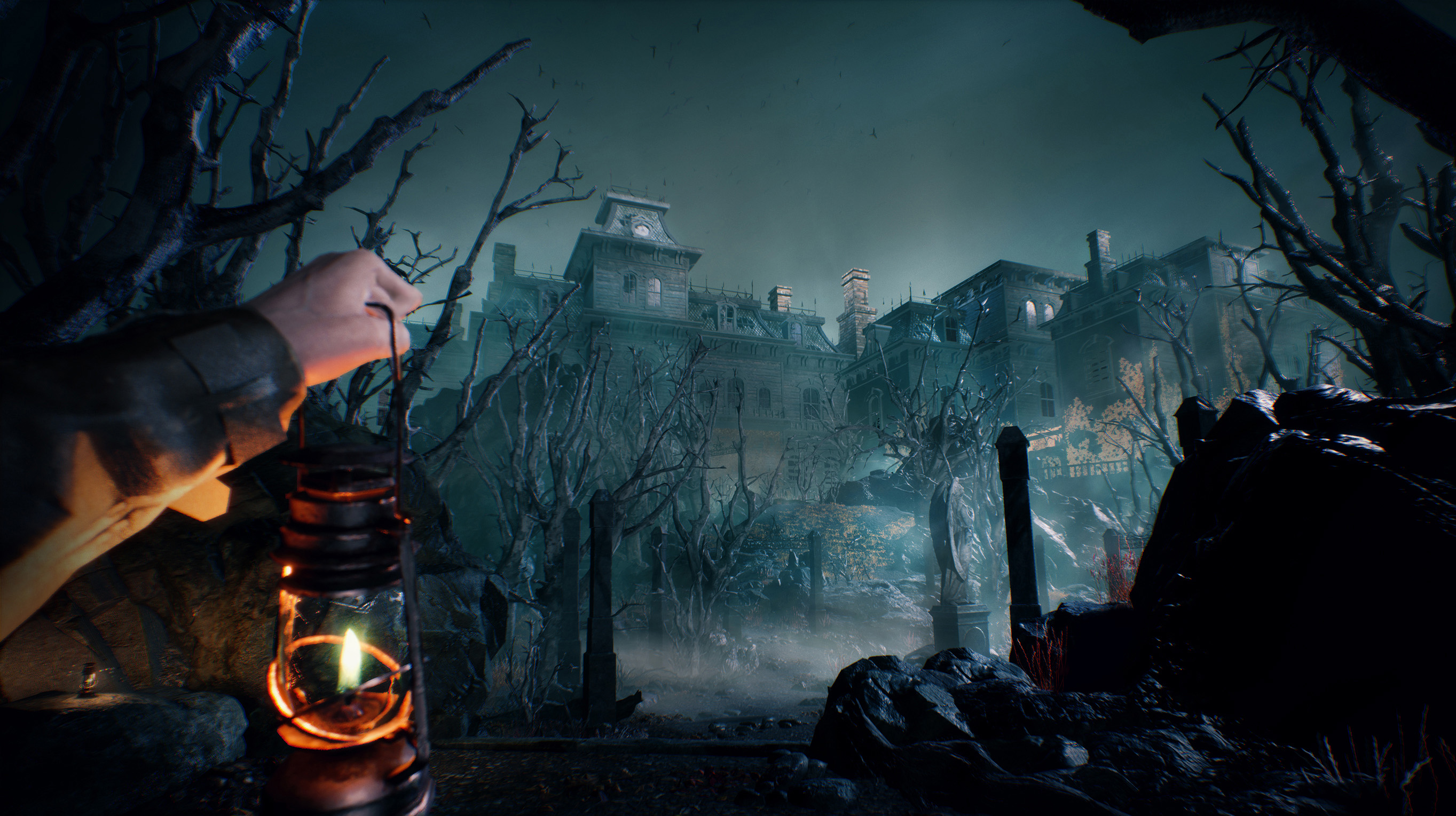
As much as I like Lovecraftian games, I have one complaint—these games are almost all set in the 1930s. You might argue that this was when Lovecraft set his stories, but I would counter that Lovecraft’s success was partly based on using a contemporary setting and the latest scientific knowledge known to him. A better implementation of Lovecraftian horror would need to be set closer to the present day and informed by modern science.
This brings me to my latest project, Phoenix Point, which has some very strong Lovecraftian themes, but set in an alternate histor with dramatic events occurring in the near future. The main adversary in Phoenix Point appears, at first, to be a virus known as a pandoravirus, which contains a massive genome with many unique sequences not found in any earth-based life form. The pandoravirus has been lying dormant under the permafrost for millennia, but is released into the world's oceans as a consequence of global warming. It proceeds to mutate earth-based life forms progressively from the smallest to the biggest, affecting humans eventually, and combining them with other animals and a distinct alien influence.
Around this we have created sophisticated game lore, thanks to our writing team of Jonas Kyratzes, who worked on The Talos principle, and Allen Stroud, who worked with me on Chaos Reborn. We have a great collection of short stories, many Lovecraftian in inspiration, available on our website for you to dig deeper, if you are interested. I feel that with Phoenix Point I have finally been able to bring back some of my earlier influences which led to my rejected game pitch in 1994. All is not lost.

